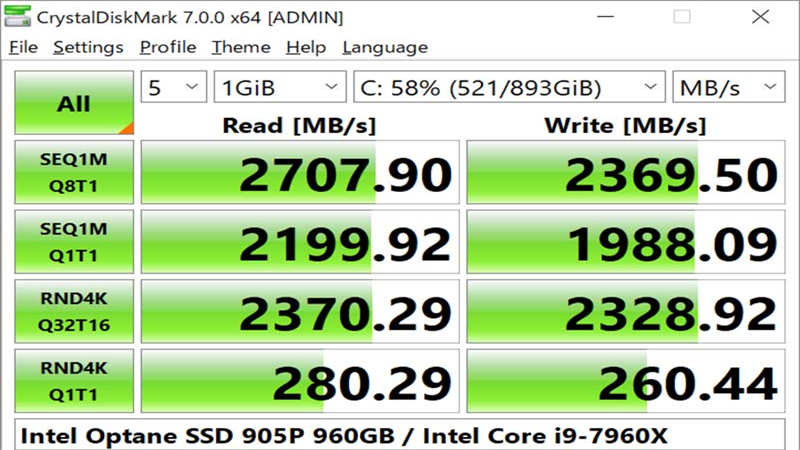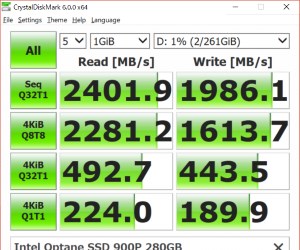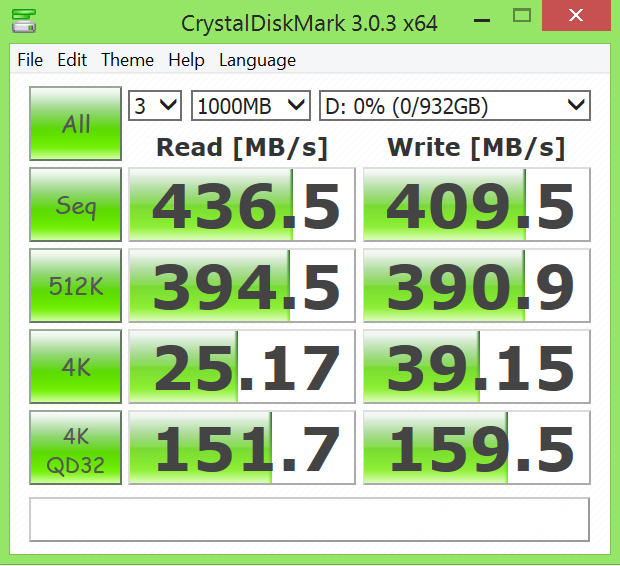

Thanks to an easy window it is possible to configure all the technical parameters related to the data transactions between the storage system: the dimension of data, a possible reply, the delay time, the possible alignment of data with the sectors of the disk, the distribution in terms of writing/reading and sequencial/random and, at last, the creation of profiles that incorporate even many single elements which are executed is an adjustable percentage. Developed by means of a partnership between the main manufacturers, this software allows the creation of multiple agents and advanced configurations capable of simulating any work load on a disk, local or network attached.

The benchmarking most used tool is IOmeter, one of the most versatile and powerful software of the whole hardware testing panorama. The tests that we are about to deal with can be used in other situations and they focus on the intrinsic disks performances as well as their endurance through time and their behaviour with typical work loads like Web Server, File Server or Database, so that you can obtain a concrete preview of the results that will be obtain in practice. In order to help you to understand how to evaluate those performances we will illustrate out testing methodology as far as hard disks and SSDs are concerned. Often only the sequencial writing/reading speed is evaluated, no clues about the storage bahaviour in terms of number of I/O operations per second are held. Surely, a quick copy of a file from a disk to another or the execution of a dd command on a Linux machine might give you and overlook and a blurry idea of the performances, but it is easy to make a mistake in the considerations, for example by not taking into account the presence of a cache on the controller or the host Operative System caching functions (vSphere, Hyper-V and any other hypervisor) or the guest’s. Having the ability to evaluate them is not granted at all, it can even get difficult. When switching from physical to virtual machines, where a low-mid tier server is running several VMs, I/O performances gets even more important.

In most cases the performances will be determined by the storage, be it an hard disk or an SSD. You may be using a PC, a workstation or an high end server: knowing CPU, RAM and the other characteristics is not enough to understand the limits and the potentialities of your hardware.


 0 kommentar(er)
0 kommentar(er)
